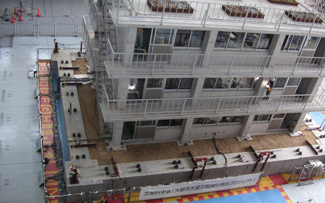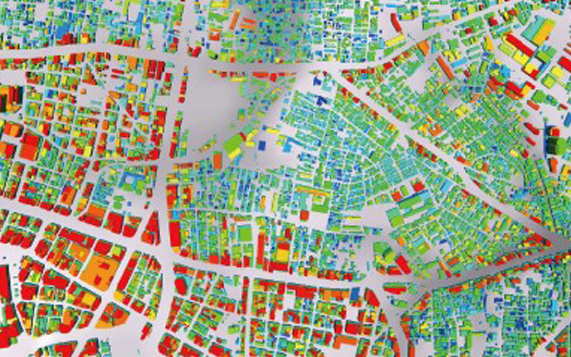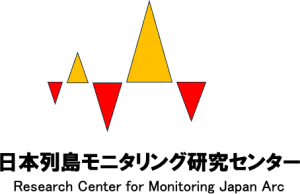About ERI
ERI employs about 80 top-notch academics (professors, associate professors and research associates) drawn from diverse fields, ranging from seismology to volcanology, geophysics, geochemistry, geology, geodesy, applied mathematics, information science, civil engineering and seismic engineering. Together with a support staff of 50, 30 visiting researchers and 70 graduate students, we work on advanced researches, technique development, field observations, experiments, theoretical studies, analyses and computer simulations. We promote comprehensive research and education in order to achieve two goals. 1) Scientifically unraveling the various phenomena within the earth and seismic / volcanic activities on our planet, 2) Mitigation of disasters from such phenomena.
OVERVIEW OF ERI
The ERI is composed of 4 divisions, 8 centers, and other supporting offices and sections.
4 DIVISIONS
Division of Theoretical Geoscience
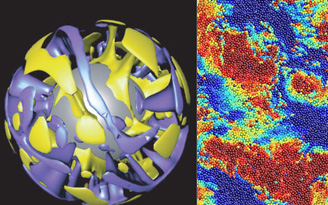
Division of Monitoring Geoscience
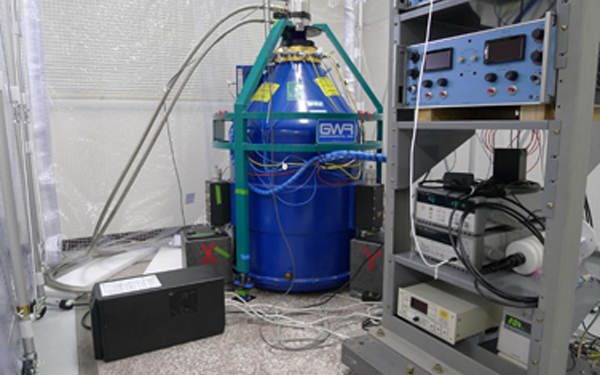
Division of Earth and Planetary Materials Science
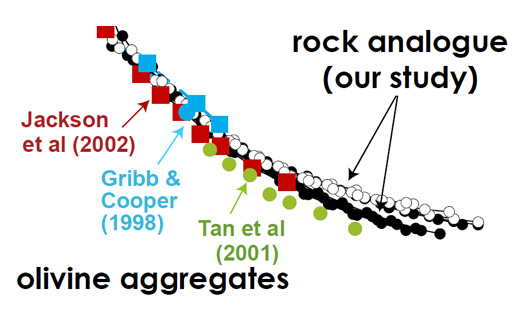
Division of Disaster Mitigation Science
Research Centers
Research Center for Earthquake Forecast

Volcano Research Center
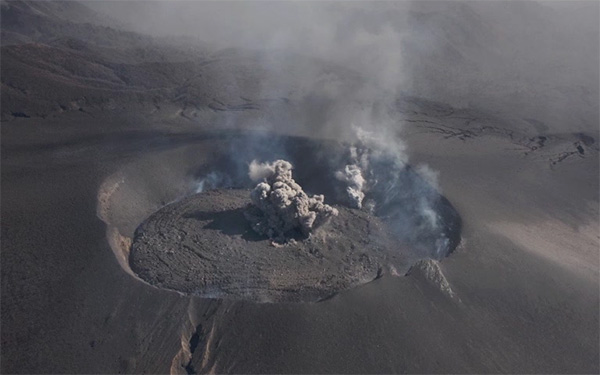
Ocean Hemisphere Research Center
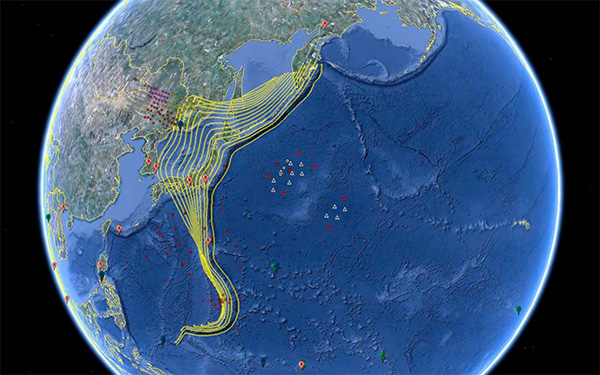
Center for High Energy Geophysics Research
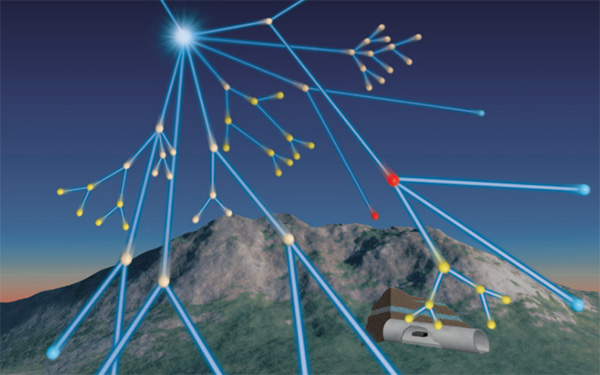
Research Center for Computational Earth Science (ceseri)
Collaboration Center for Earthquake and Volcano Research
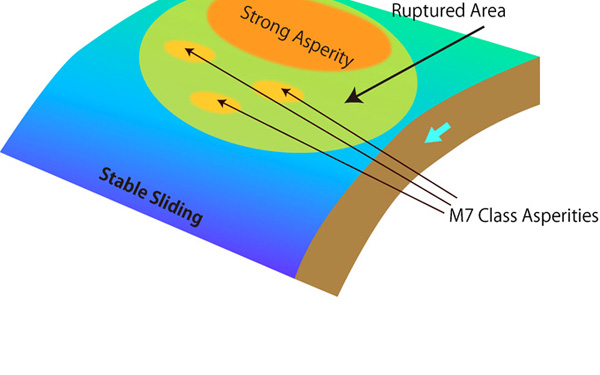
Research Center for Geophysical Observation and Instrumentation
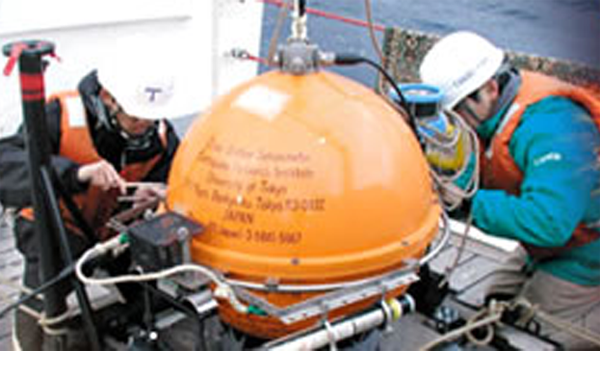
Research Center for Monitoring Japan Arc
Library
Technical Division
“Laboratory for Technical Support” and “Technical Supporting Section for Observational Research”
Research and Education Support Offices
Education and Career Development Office
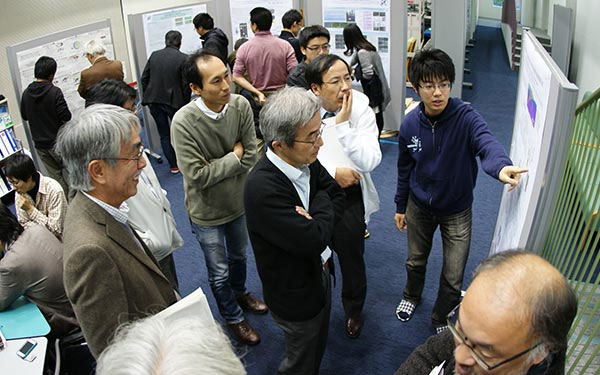
Outreach and Public Relations Office

International Research Promotion Office
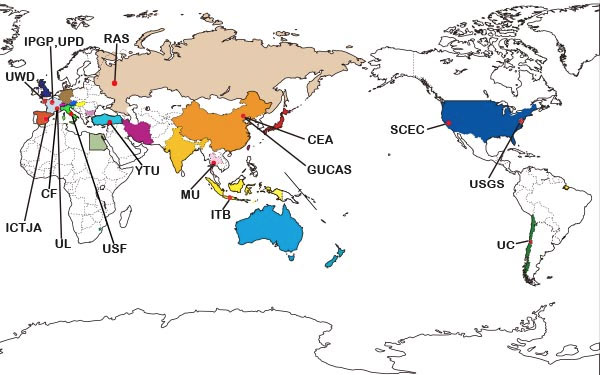
Environment and Safety Management Office
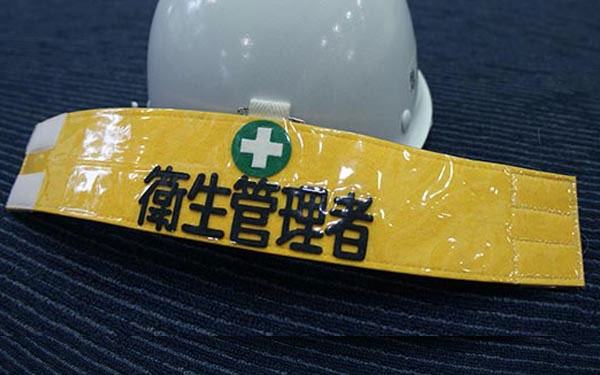
Administration Division
General Affairs Team
Personnel Affairs Section
Library

Research Support Team
Research Cooperation Section

Finance Team
Property Management Section
Procurement Section

Property Management Section
Procurement Section
Office Work Supporting Section for Researcher



